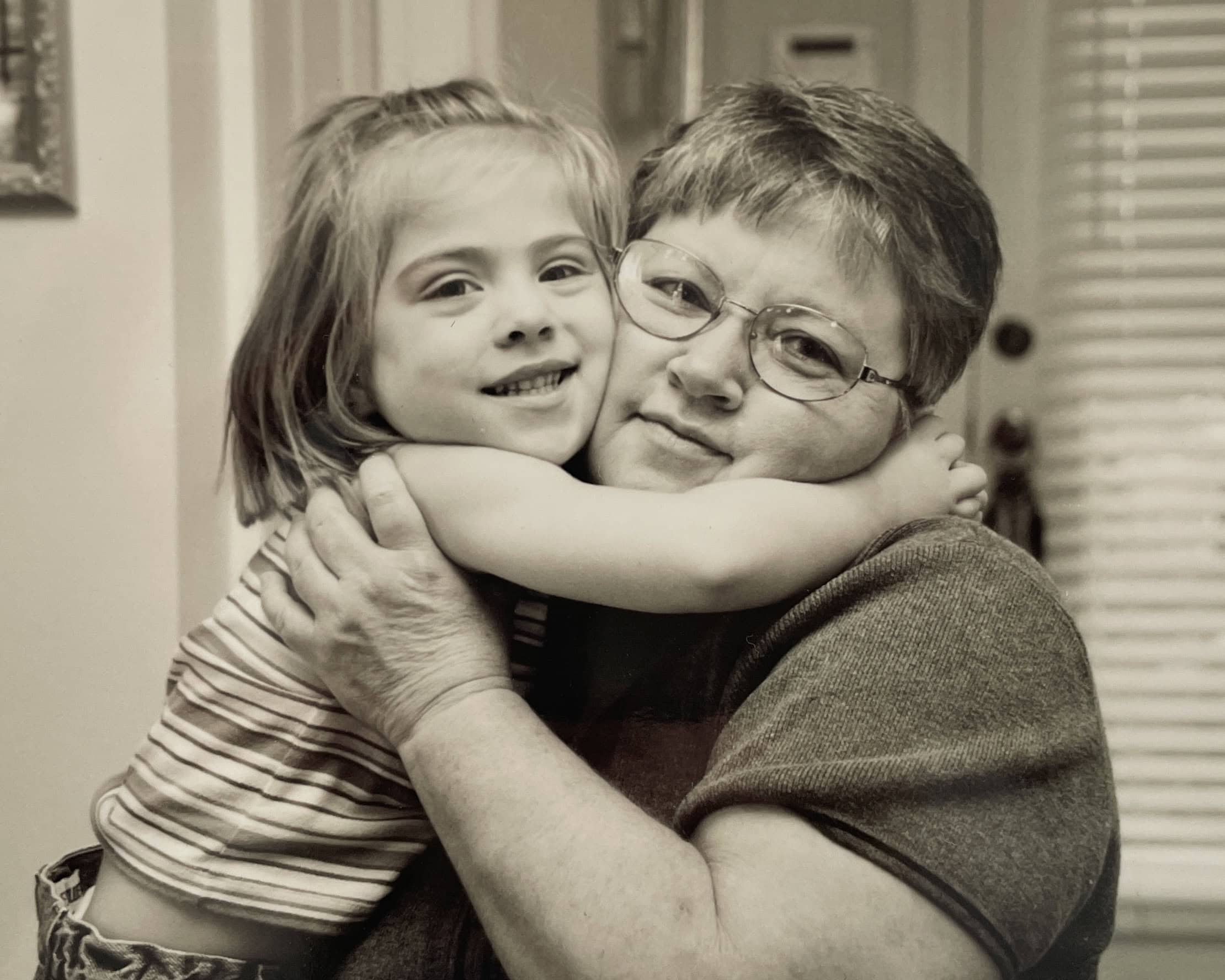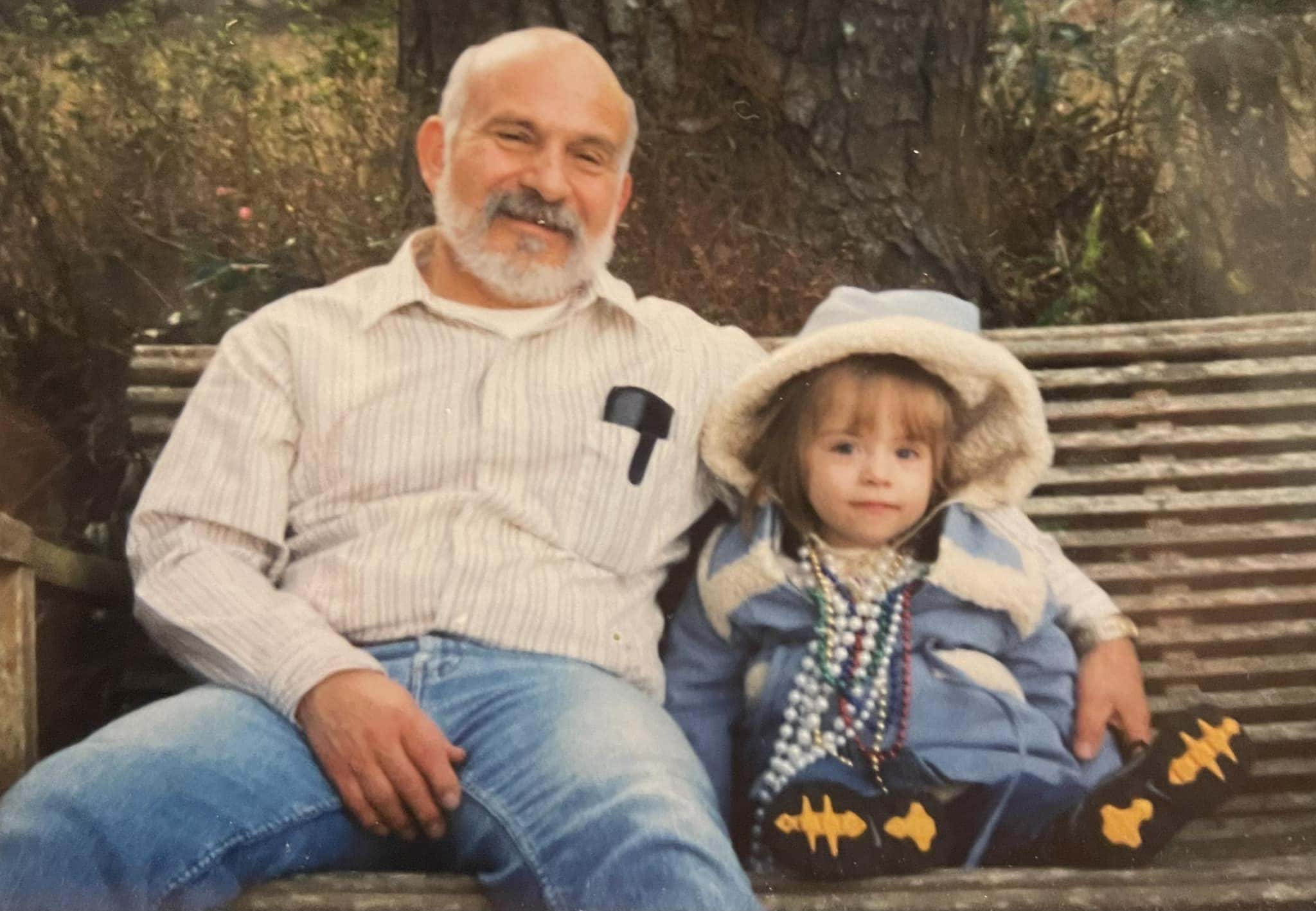AHA Public History Coordinator Debbie Ann Doyle is reporting from the National Council on Public History annual meeting in Pensacola this April 6 – 9, 2011. See her previous post, which detailed a plenary session on the Civil War Sesquicentennial.
Several Friday sessions drew attention to public history practice outside the United States. The day began with the inaugural meeting of the International Federation for Public History, which was established in August, 2010 as an Internal Commission by the General Assembly of the International Committee of Historical Sciences (known by its French acronym, CISH). Organizers hope to create a truly global organization with representatives from every continent. Participants discussed plans to adopt formal bylaws and elect a Steering Committee. The group will propose a session for the next CISH meeting, which will take place in 2015 in China. The newly formed Program Committee will also develop ideas for other venues for encouraging international conversations including the annual meetings of existing organizations and digital networks. See this PDF on the NCPH website for more information.
Another session focused on the major issues in European public history. Some—including the tension between memory, commemoration, collective identity, and history and the sometimes problematic intersections of history and nationalism—are familiar topics of discussions about public history in the United States. But there are also differences. Panelists noted that historians interested in working with the public in Europe do not have a university curriculum designed to teach public history. Some European languages do not even have an accurate translation for the term.
Panelist Thomas Cauvin of the European University Institute, discussed the relationship between national history museums and national identity in Northern Ireland. Cristina Blanco Sio-Lopez, CentreVirtuel de la Connaissance sur l’Europe (Luxembourg) described an online archive of the history of European integration, which includes over 16,000 documents and a series of oral history interviews. Delphine Lauwers of the European University Institute discussed the history of battlefield preservation and tourism in Belgium. Hinke Piersma of the Institute for War, Holocaust and Genocide Studies, NIOD (Amsterdam) asked whether the proper role of historians is to be as objective as possible, or whether they should make moral judgments about events in the past.
Debbie Ann Doyle is the AHA’s administrative manager and public history coordinator.
This post first appeared on AHA Today.
This work is licensed under a Creative Commons Attribution-NonCommercial-NoDerivatives 4.0 International License. Attribution must provide author name, article title, Perspectives on History, date of publication, and a link to this page. This license applies only to the article, not to text or images used here by permission.


